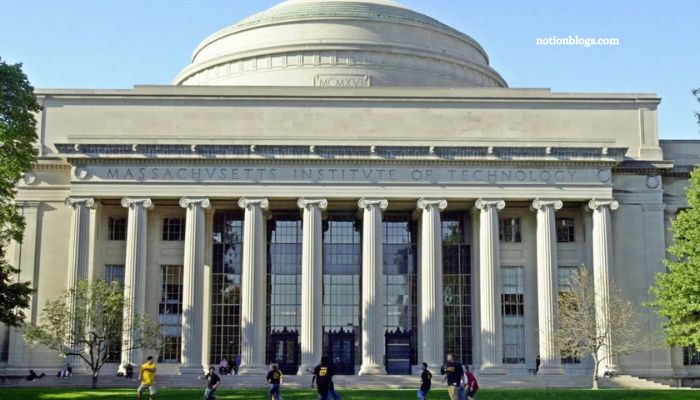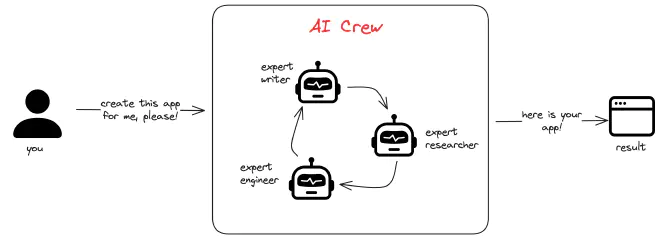Last year, the Massachusetts Institute of Technology (MIT) highlighted a PhD student’s research claiming that artificial intelligence (AI) significantly increased scientists’ productivity. The study generated excitement across academia, with some calling it groundbreaking. However, MIT has now retracted the paper and called for its removal from public platforms, raising questions about the validity of its findings.
Read More: In Cannes, Rules Are Meant to Be Broken
Initial Acclaim and Impact
The paper, titled “Artificial Intelligence, Scientific Discovery, and Product Innovation,” reported that scientists using AI tools produced considerably more discoveries than their counterparts without such aid. Interestingly, it also found that these AI-assisted scientists were less satisfied with their work. The study was praised by leading experts, including Nobel laureate and MIT professor Daron Acemoglu, who described it as “fantastic.” It fueled optimism about a potential surge in scientific breakthroughs driven by AI.
Emerging Doubts and Institutional Review
Concerns soon surfaced regarding the methodology and data behind the study. According to the Wall Street Journal, a computer scientist specializing in materials science questioned the AI tool’s operation and the magnitude of its reported innovation boost. These inquiries were brought to MIT professors, prompting the university to initiate a formal review.
Following the investigation, MIT announced it lacked confidence in the provenance, reliability, and validity of the data and doubted the veracity of the research. However, the university refrained from detailing specific flaws due to student privacy laws and internal policies.
Consequences and Aftermath
The researcher behind the paper is no longer affiliated with MIT. The university has requested the withdrawal of the paper from the preprint server arXiv and halted its review process at the Quarterly Journal of Economics, where it was under consideration for publication.
David Autor, an MIT economist who previously supported the research, called the retraction “more than just embarrassing, it’s heartbreaking.” The development marks a significant setback for AI-related workforce studies, casting uncertainty on the extent to which AI currently drives scientific innovation and the true impact on researchers’ experiences.
Looking Ahead
While AI’s transformative potential in scientific discovery remains promising, this episode underscores the importance of rigorous validation in emerging research fields. The scientific community now faces the challenge of rebuilding trust and understanding the real implications of AI integration in research workflows.
Frequently Asked Questions
What was the MIT AI research paper about?
The paper, titled “Artificial Intelligence, Scientific Discovery, and Product Innovation,” claimed that scientists using AI tools were significantly more productive than those who weren’t. However, it also noted that these scientists reported lower satisfaction with their work.
Why did MIT initially promote the study?
MIT hailed the study as a breakthrough in understanding AI’s impact on innovation. It received praise from top academics, including Nobel laureate Daron Acemoglu, and was considered influential in discussions on AI’s role in scientific research.
What led to the retraction of the paper?
Concerns were raised by an external computer scientist about the AI tool’s effectiveness and the validity of the data. These concerns prompted MIT to conduct a formal review, which concluded that the paper’s data and findings were unreliable.
What did MIT say in its official statement?
MIT stated that it “has no confidence in the provenance, reliability or validity of the data and has no confidence in the veracity of the research contained in the paper.” Due to privacy laws and institutional policies, MIT did not disclose specific details about the review.
What are the consequences for the researcher involved?
The researcher responsible for the study is no longer affiliated with MIT. The university has also requested the paper’s removal from the preprint server arXiv and has withdrawn it from consideration by the Quarterly Journal of Economics.
How has the academic community responded?
The retraction has been met with disappointment. David Autor, an MIT economist who had publicly supported the study, called the situation “heartbreaking.” It’s seen as a setback in efforts to understand how AI is reshaping the scientific and innovation workforce.
Conclusion
The retraction of MIT’s widely discussed AI research paper serves as a cautionary tale about the rapid pace and high stakes of innovation research in the age of artificial intelligence. While the initial findings captured widespread attention and suggested promising new insights into AI’s role in scientific discovery, the subsequent review revealed serious concerns about data integrity and research validity.
As institutions and researchers continue to explore the intersection of AI and human productivity, this episode underscores the critical importance of transparency, rigorous validation, and academic integrity. The future of AI in research remains promising, but credibility must be earned through careful, accountable work. For now, this incident reminds us that even the most exciting breakthroughs must be thoroughly tested before they can be trusted.







